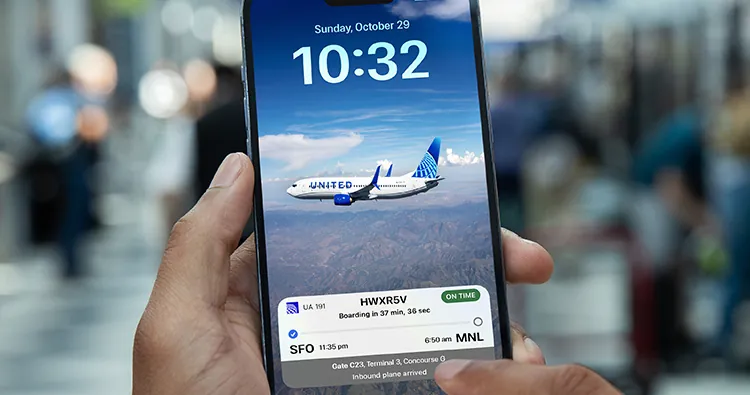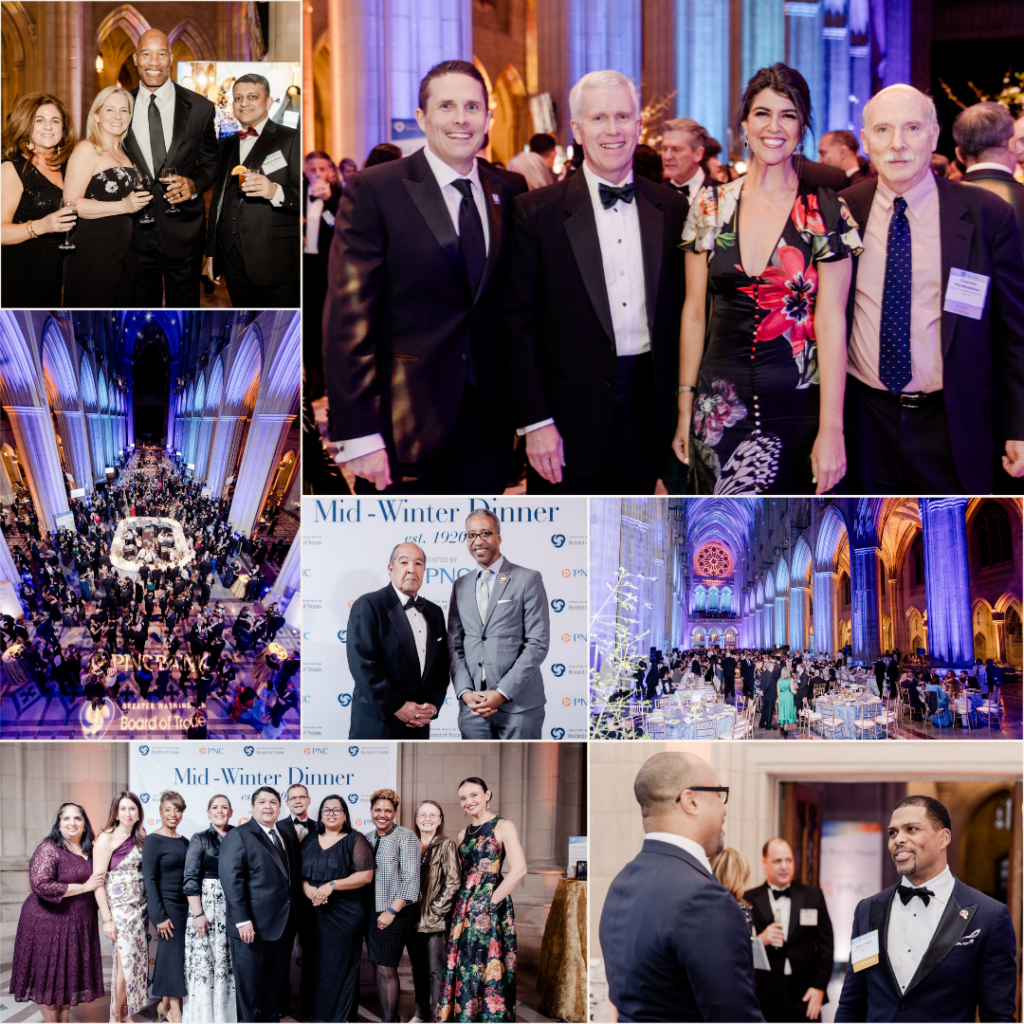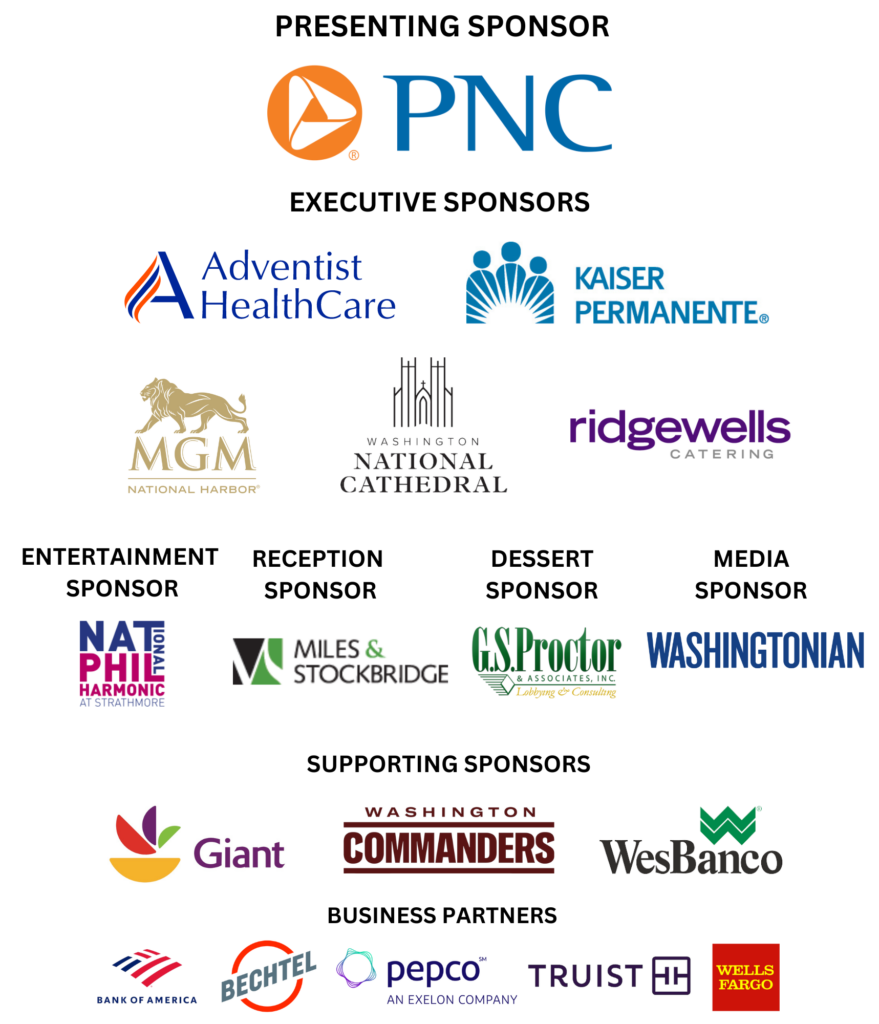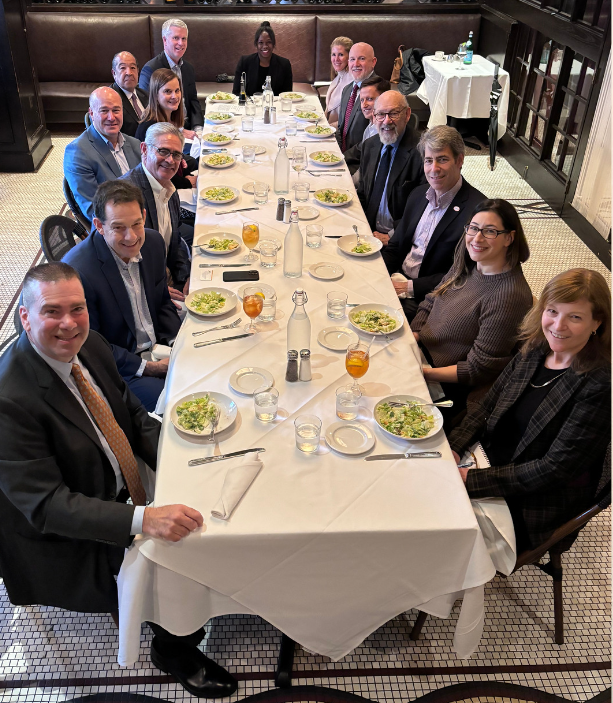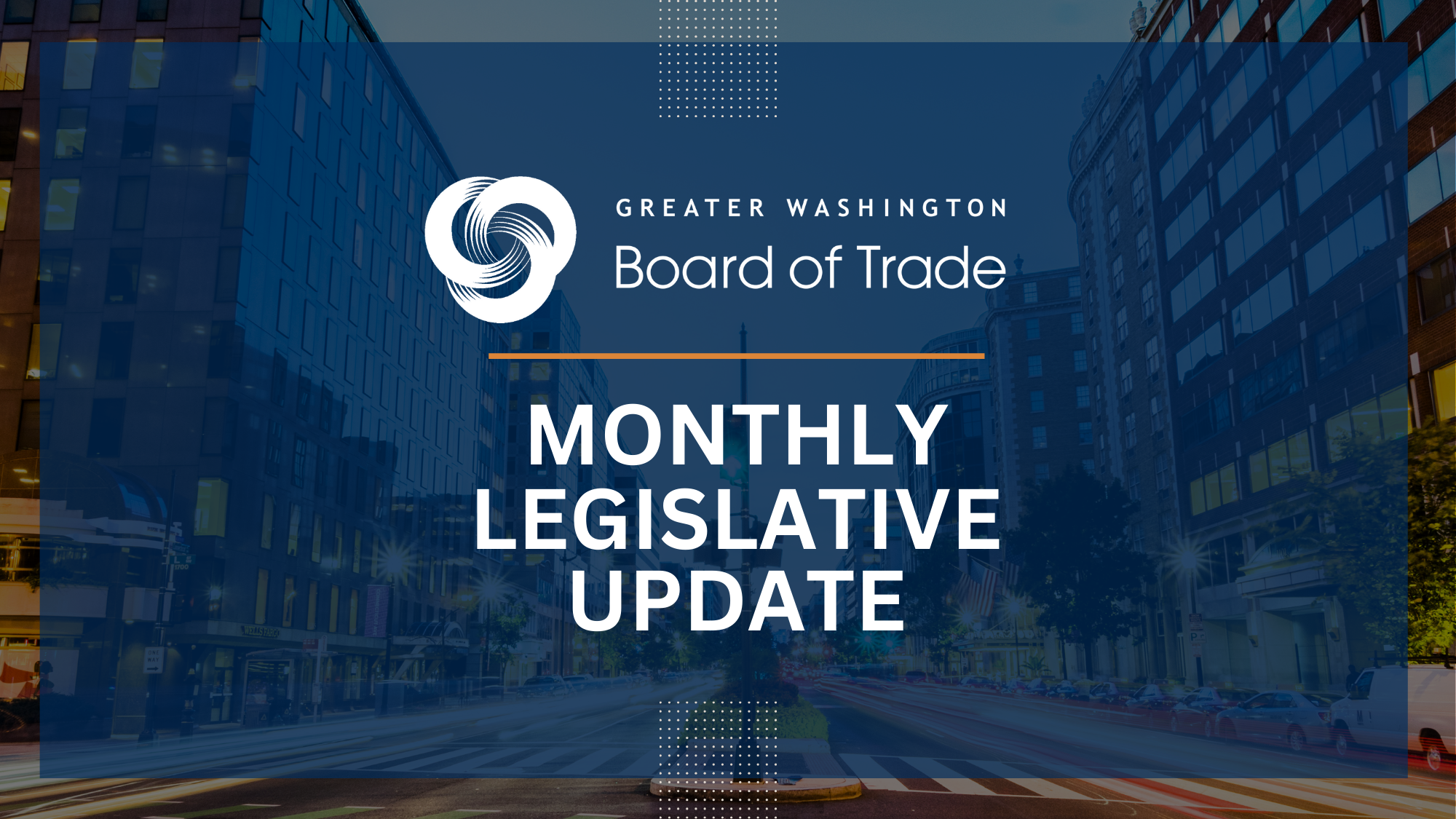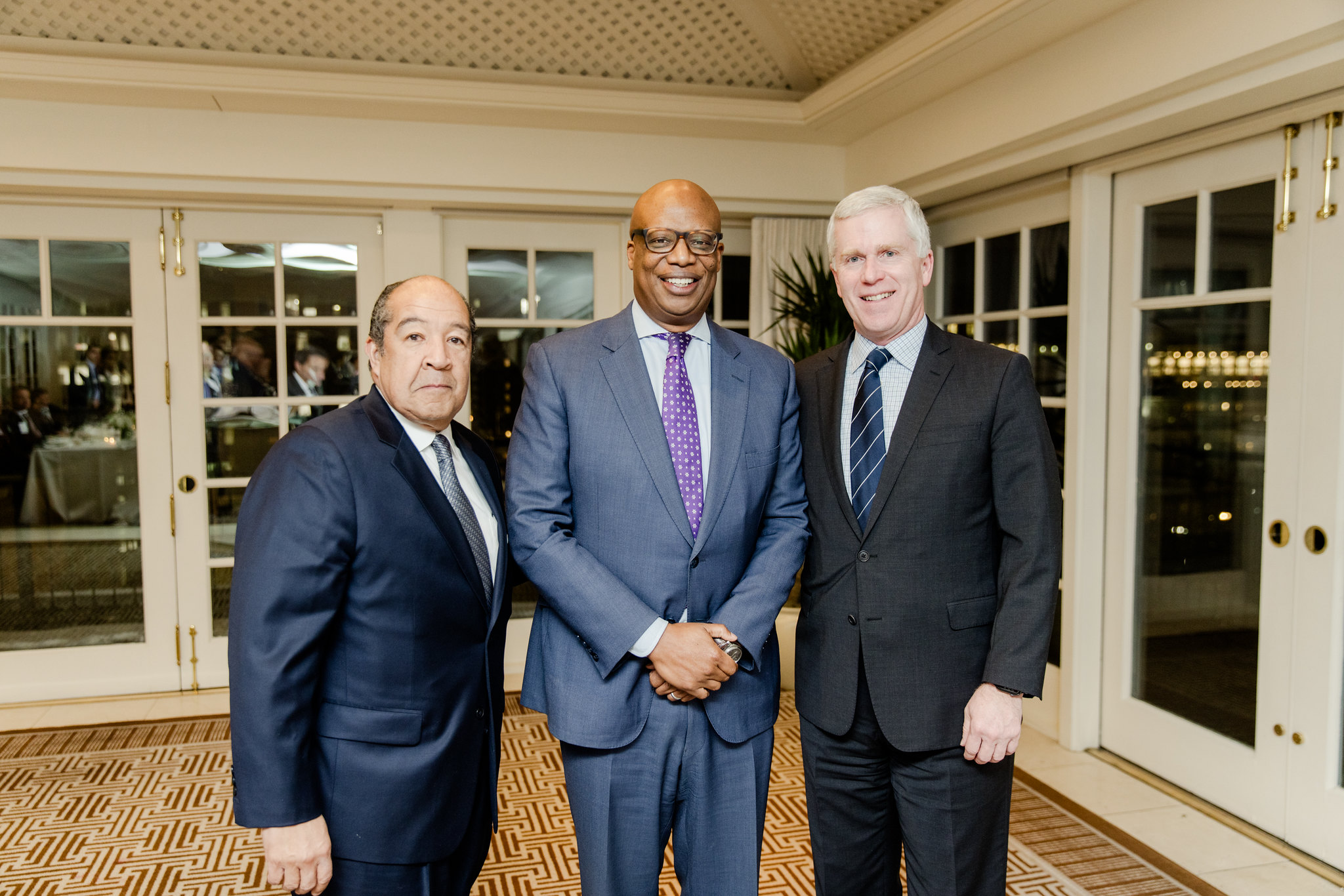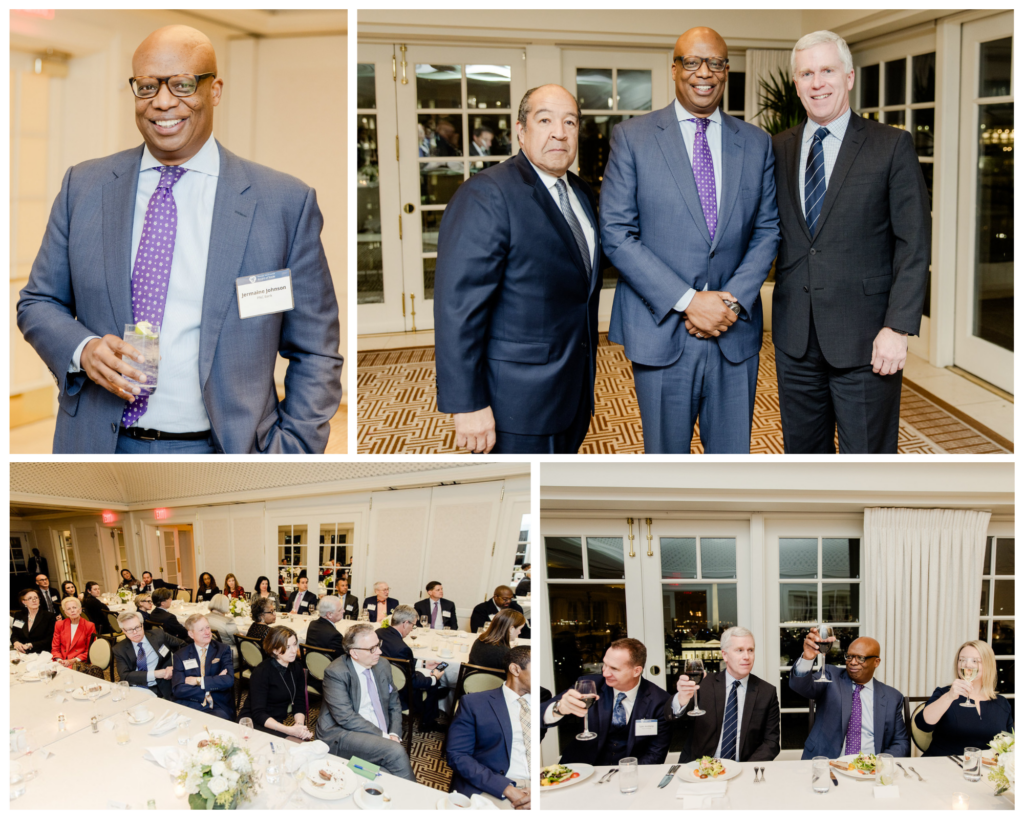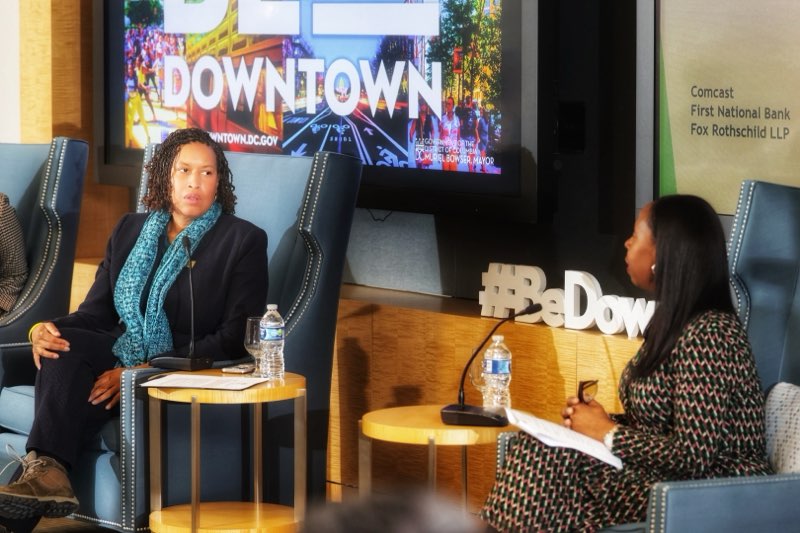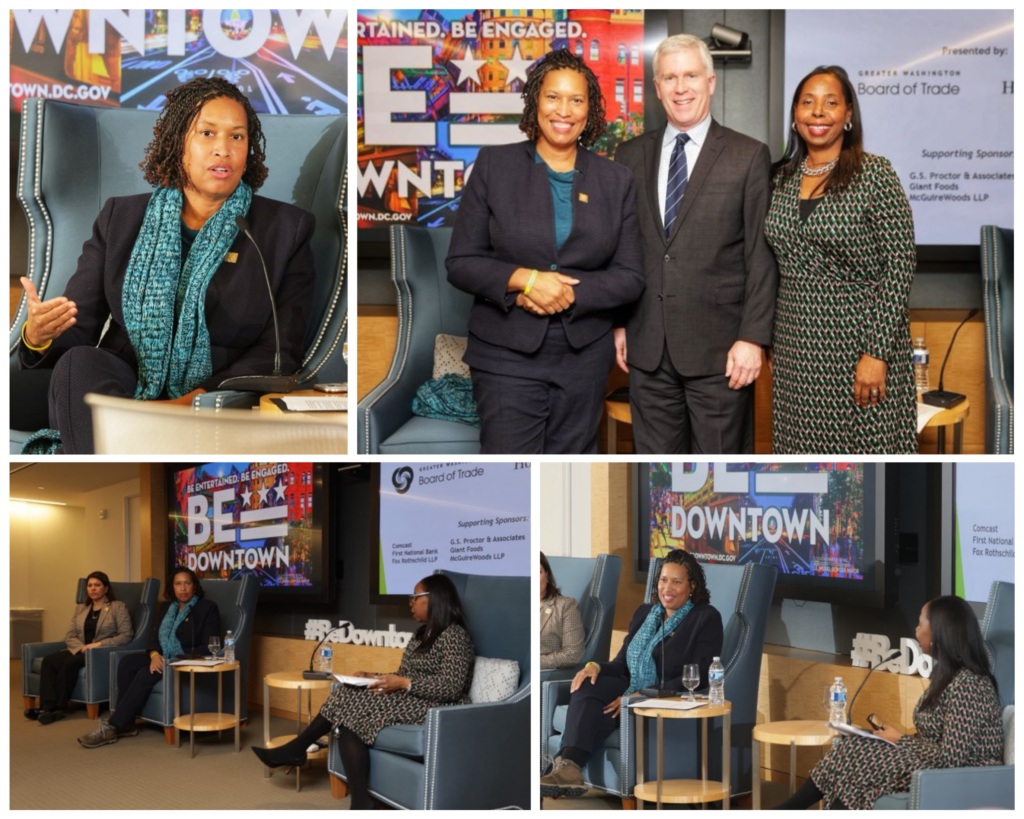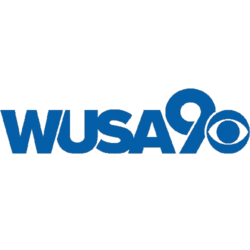For D.C. business travelers, United can help you save money and earn rewards
The nation’s capital plays a vital role in United’s network, which is now the largest and most diversified international route network among U.S. airlines. For business travelers in the Washington, D.C., area, we provide convenient access to major cities in the U.S. and beyond with daily nonstop flights from all three D.C. area airports.
Through United for Business, we cater to the needs of business travelers in D.C. and around the world. Whether you’re “flying solo” or work for a large corporation, there are many benefits available that can help make business travel more affordable, enjoyable and convenient.
Travel options for businesses of all sizes
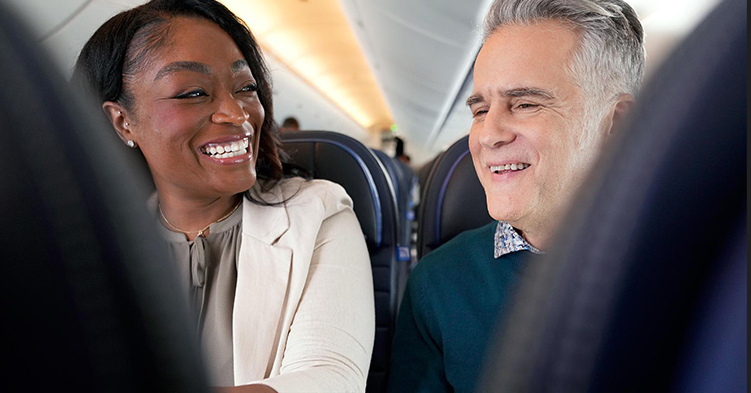
Establishing a relationship with an airline for business travel can help you maximize your travel budget. If you work for a large employer, your company may already have a travel program in place with an airline to receive discounts and rewards.
If you work for a small to midsize company, or even if you own your own business, you might think you’re too small to partner with an airline – but that’s not the case. United can help even the smallest small businesses save on air travel. If your small to midsize company has employees who travel regularly for business, finding a travel solution can help you save money, earn rewards, and make travel easier and more convenient.
Savings
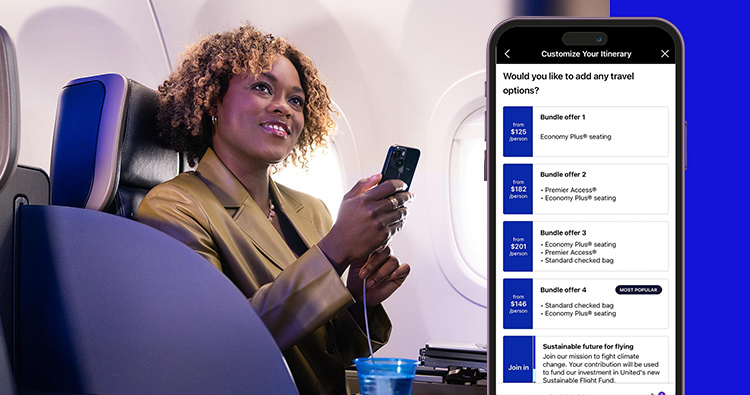
Savings and discounts are one of the main benefits of business travel programs, and these savings come in many different forms. Discounts are usually based on travel volume as well as the airline’s route structures.
With a travel program in place, you’ll get better rates that are negotiated based on sending the airline certain volumes. Most volume-dependent discounts range between 3 and 5 percent, but larger discounts may be available on higher-class tickets or when the airline wants to build volume on a particular route.
For small to midsize businesses, United for Business offers “off-the-shelf” travel plans based on your travel needs, whether you’re looking to save money, provide your travelers with amenities, or a combination of both.
Another way to save can be found in how you book travel. Booking directly with an airline can save you and your travelers money. When you book direct with United, either on united.com or the United app, you’ll have access to our lowest price points and your travelers will automatically receive your company’s negotiated discounts.
Rewards
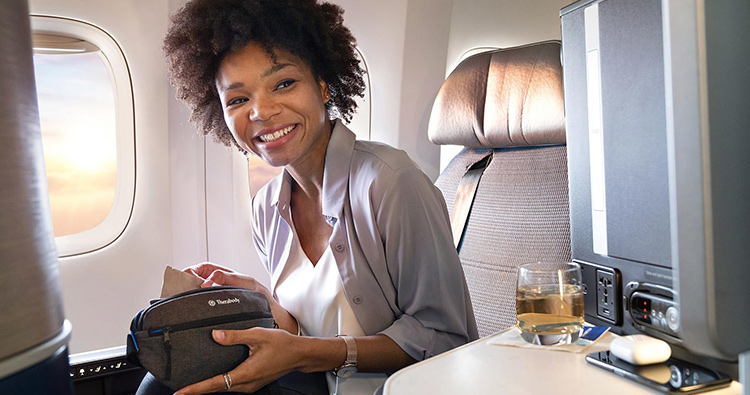
Partnering with an airline can also provide many rewards to enhance your travel experience – and not just for C-suite employees. For example, business travelers can earn discounts on amenities from airlines for perks like access to airport clubs and lounges.
Loyalty program benefits, like those available through United MileagePlus, are one of the most common ways to earn rewards.
It’s free for travelers to join MileagePlus® to start earning miles for travel. Miles can be earned and redeemed on flights with United and our airline partners. They can be used for upgrades like elite status matching, flight upgrades, lounge access, priority seating and preferred seating. And MileagePlus miles never expire.
Frequent travelers have the opportunity to earn MileagePlus Premier® status. They’ll enjoy benefits that elevate their travel experience like complimentary access to Economy Plus® and preferred seating, waived fees, upgrades, and priority travel services.
Convenience
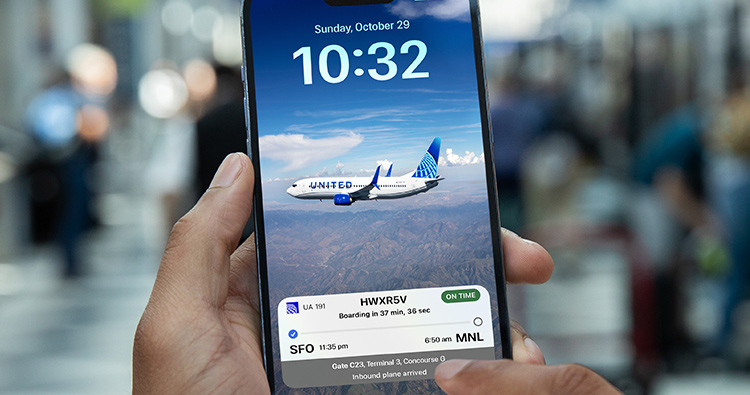
Another benefit of having a relationship with an airline like United is convenience, from booking travel to landing at your destination. When you book travel direct on united.com or the United app, you’ll have access to conveniences such as assistance with rebooking options if your flight is canceled or delayed.
With the United app you can book travel, change seats, access your boarding pass, and use other features that make travel easier such as:
- Bag drop shortcut – prepay and check in your bags with the app to skip the long line at the airport
- Terminal guide – get step-by-step, personalized guidance to navigate the airport
- Bag tracking – track your bags throughout your journey
- Live Activities – see real-time flight updates on your phone without unlocking it
If you manage travel for your small to midsize business, the United for Business travel management portal offers features that can make this responsibility easier. Through the portal, you can book travel for others, set policies like the maximum budget for a trip, manage form(s) of payment, track travel spend and more.
From D.C. to almost anywhere
“Connecting people. Uniting the world.”
It’s United’s purpose, and it’s what we do for travelers – with those in the D.C. area being no exception. With the largest global route network in the world, we offer business travelers seemingly limitless options for business travel, both domestically and internationally.
United serves travelers from all three D.C. area airports – Baltimore/Washington International Thurgood Marshall (BWI), Ronald Reagan Washington National (DCA) and our hub at Washington Dulles (IAD).
Baltimore/Washington International Thurgood Marshall Airport (BWI)
From Baltimore/Washington International we offer nonstop daily flights to five of our U.S. hubs:
- BWI to Denver International – approximately twice daily
- BWI to George Bush Intercontinental (Houston) – approximately three times daily
- BWI to Los Angeles International – approximately once daily
- BWI to Chicago O’Hare – approximately three times daily
- BWI to San Francisco International – approximately once daily
Ronald Reagan Washington National Airport (DCA)
United serves Ronald Reagan Washington National with daily nonstop flights to five of our U.S. hubs:
- DCA to Denver International – approximately once daily
- DCA to New York/Newark – approximately 10 times daily
- DCA to George Bush Houston Intercontinental – approximately six times daily
- DCA to Chicago O’Hare – approximately 10 times daily
- DCA to San Francisco International – approximately once daily
Our United Club at DCA is located at Terminal 2, across from Gate 11.
Washington Dulles International Airport (IAD)
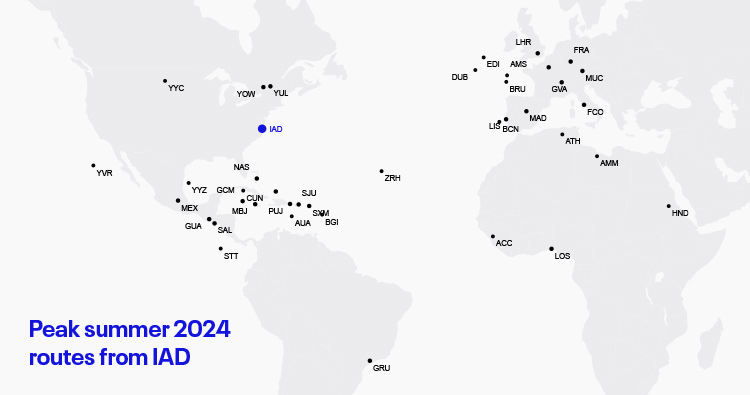
United is proud to call Washington Dulles International one of our seven U.S. hubs. We’re the D.C. metropolitan area’s largest airline with more than 215 daily flights, increasing to more than 250 daily flights in the summer.
From Dulles, we offer daily service to approximately 60 destinations in the U.S. and Canada. We serve nearly 40 international destinations from Dulles with either daily or weekly service, depending on the destination.
At Dulles, we offer four United Club locations and a United Polaris lounge (for eligible customers).
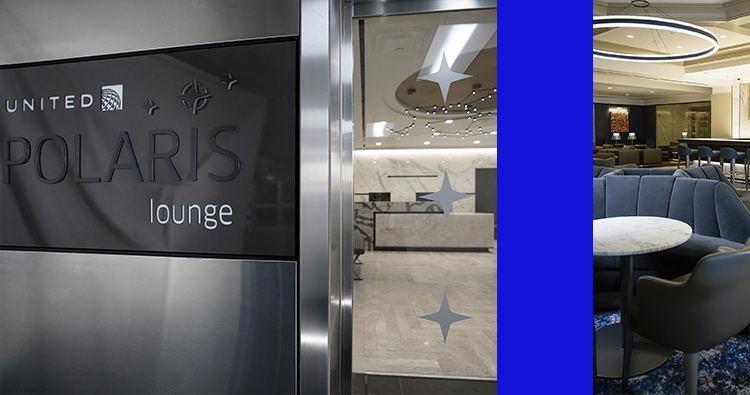
The largest airline network
If you’re traveling beyond the U.S., United now has the largest and most diversified international route network among U.S. airlines. We offer nonstop service to 134 international destinations across 67 countries with more flights to more destinations across the Atlantic and Pacific than all U.S. carriers combined.
Our network is further extended by our relationships with many other airlines around the world. We have alliances and strategic agreements with many of the world’s leading global airlines and travel companies to give travelers more options and help make world travel more accessible.
In addition, we’re a founding member of Star Alliance, the world’s largest airline alliance with destinations in nearly 200 countries. The alliance consists of 26 airlines, including Air Canada, All Nippon Airways, Austrian, Brussels Airlines, Lufthansa, SWISS and more.
You can usually book flights with Star Alliance airlines on united.com or the United app just as you would book United flights, if the flight is part of your United itinerary. Plus, you’ll earn miles and status when you fly with most of our airline partners, just as you would when you fly United.
Airline clubs and lounges
Many airlines have airport clubs and lounges for travelers to enjoy while waiting for their flight. United has an extensive network of clubs and lounges around the world including more than 45 United Club locations, six United Polaris® lounges, and select partner lounges worldwide.
There are a variety of ways you can get United Club access if you’re traveling United or one of our partner airlines – from buying a one-time pass to purchasing an annual membership. Business travelers may be able to earn discounts for amenities including access to clubs and lounges.
United Club locations provide space to work or relax before your flight. You’ll find a variety of seating options; complimentary snacks, beverages and bar service; and free Wi-Fi.
Long-haul international premium cabin travelers may have access to a United Polaris lounge. These lounges offer premium amenities such as spa-like showers and a private rest area with daybeds so customers can prepare for long flights. We have six United Polaris® lounges, including one at Washington Dulles with 21,000 square-feet of space.
In the D.C. area, travelers can enjoy these United Club locations:
Washington Dulles (IAD)
- United Club, Midfield Terminal, Concourse C, near Gate C4
- United Club, Midfield Terminal, Concourse C, near Gate C7
- United Club, Midfield Terminal, Concourse D, near Gate D8
- United Club, Midfield Terminal, Concourse C, near Gate C17
- United Polaris lounge, Midfield Terminal, Concourse C, near Gate C17
Reagan National (DCA)
- United Club, Terminal 2, across from Gate 11
Sidebar: Business travelers in the D.C. area are invited to learn more about the travel programs available through United for Business. To start exploring with no obligation, just enter your work email.
